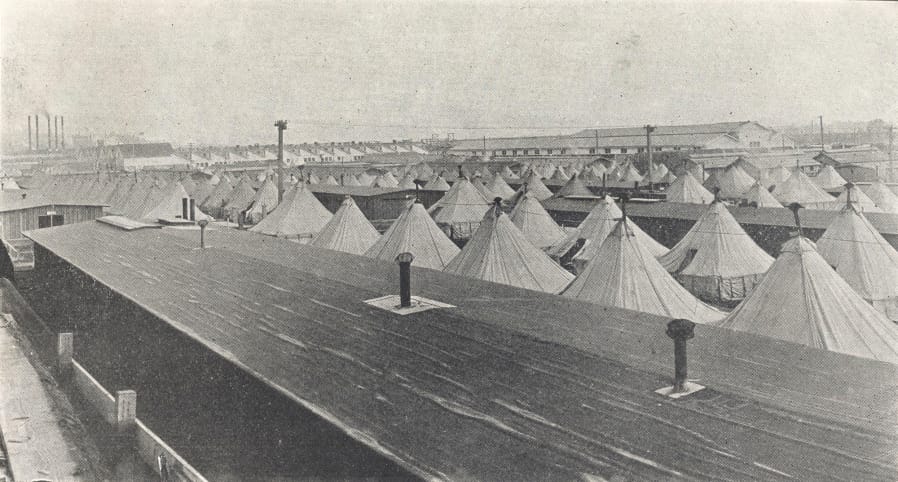A somber but joyful holiday greeted Clark County residents 100 years ago this week as the nation celebrated the end of World War I with a national “Victory Christmas.”
News that week — even the usually festive front page of The Columbian on Christmas Eve — remained squarely focused on the wrap-up of the war, which ended at 11 a.m. Nov. 11. Stories of 30,000 soldiers a day returning home, tales of Clark County war heroes and what was likely a most-welcome report that food restrictions had been dropped for restaurants led the news that day.
In an odd parallel to modern day, an anti-discrimination resolution demanding equal pay for female teachers passed the Legislature and was announced Christmas Eve. The legislation came in the wake of similar laws in California and Oregon.
But even with the distractions of the Legislature and the end of the war, holiday charity remained prevalent in Clark County. The Salvation Army fed 25 needy families in Vancouver that year, providing Christmas dinners with “meat or chicken, bread, butter, potatoes, flour, coffee, sugar, milk, apples, celery, jelly, canned fruit, cranberries, canned peas, canned corn, canned tomatoes, turnips, pumpkins, leeks and carrots.”



